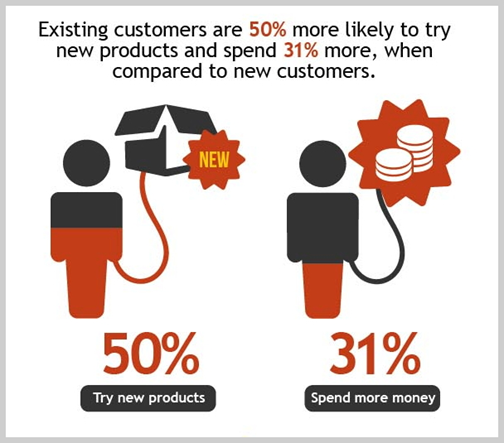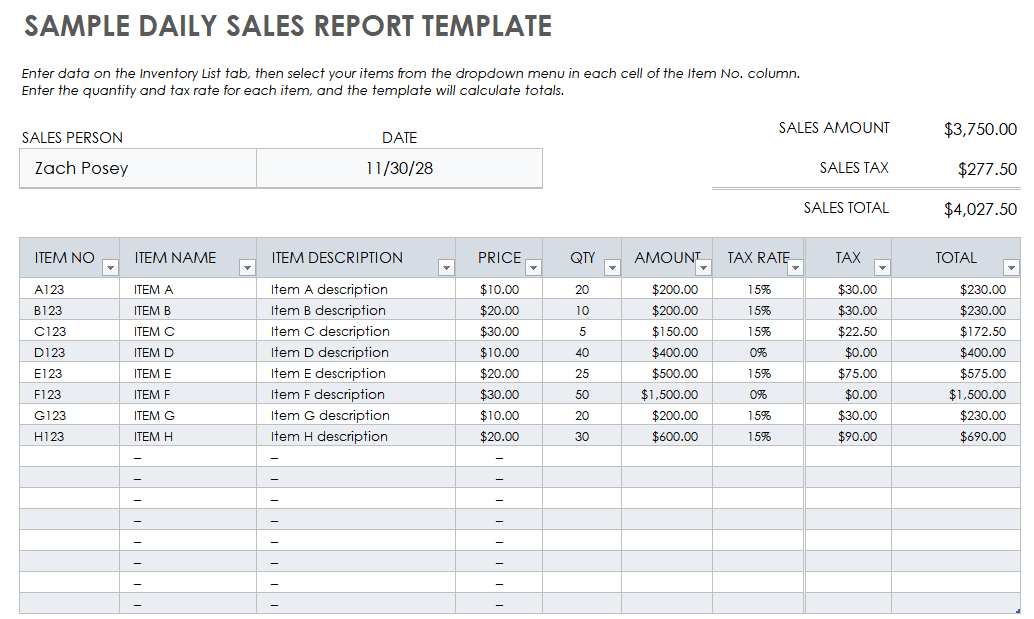Beginner’s Guide to E-Commerce Sales Management
By Frank Hamilton · 13th April, 2020

Table of Contents
This blog was updated on 22 April 2025, for more information connect with our team: https://www.easystore.co/contact
Beginner’s Guide to E-Commerce Sales Management
E-commerce sales management is crucial for anyone looking to succeed in the online business world.
If you’re new to this field, understanding the basics of e-commerce sales management will give you the foundation you need to grow and improve your skills.
This beginner-friendly guide will walk you through the essentials of e-commerce sales management and how to build an effective strategy from the ground up.
What is Sales Management?
In simple terms, sales management is a business strategy that involves developing a salesforce, managing sales operations, and applying effective sales techniques.
These elements work together to help your business meet its sales targets and grow successfully.
Why is E-Commerce Sales Management Important?
Every e-commerce business — no matter its size — benefits from having a clear sales management strategy. Here’s why:
Increase sales and profits: A well-organized strategy helps you hit your sales goals and boost profits by streamlining operations and improving performance.
Save time through organization and automation: By standardizing your work processes and automating routine tasks, you can focus on what matters most.
Stay competitive: A sales management strategy keeps you ahead of the competition by making your brand more attractive and relevant to your target audience.
Monitor business processes: It helps you track and evaluate your sales activities, identify issues, and make necessary improvements for better business results.
Step 1: Set Compensation Expectations
Start by determining compensation plans for yourself and your team. These should clearly document salaries, commissions, and other incentives. If your business includes commission-based sales, establish clear structures for how these are earned.
Work closely with your HR department or advisor when creating these plans to ensure transparency and fairness. Clear compensation expectations motivate employees to perform better, bringing in new customers while retaining existing ones.
Step 2: Define Achievable Goals & Quotas

Next, set realistic sales goals and quotas for both individual team members and your business as a whole. These benchmarks give your team clear expectations and help you measure performance.
You might also separate goals for new and existing customers — since retaining current customers is usually easier and more cost-effective. Consider offering higher commission rates for sales from existing clients to encourage loyalty and repeat business.
Step 3: Build or Improve Your Team
With your compensation and targets in place, it’s time to either build your sales team or enhance your existing one.
Hiring a new team: List the skills and qualities you need, then advertise job openings, conduct interviews, and select the right candidates.
Improving your current team: Invest in training, workshops, and new tools to upskill your team members. You might also consider outsourcing certain tasks to lighten the load — for example, using freelance platforms like Online Writers Rating to find content writers for your marketing efforts.
Step 4: Motivate Your Team
Whether you’re managing a team or working directly with sales reps, motivation is key. Your role as a leader is to set the tone — maintain a positive, supportive environment, celebrate successes, and address challenges constructively.
A motivated, inspired team will be more enthusiastic and productive, directly contributing to better sales outcomes.
Step 5: Track Revenue & Sales Performance
Although it might seem tedious, creating regular revenue and sales reports is essential.
These reports help you:
Track your overall business performance.
Monitor employee productivity.
Identify your most and least popular products or services.
Analyze profits, expenses, and areas for improvement.
Once you have this data, you can refine your product offerings, focus on best-sellers, or work on improving underperforming items.
Step 6: Experiment and Optimize Your Sales Process
Lastly, continuously review and experiment with your sales process. This ongoing process helps you identify what’s working and what’s not.
Experimenting might take time, but the insights you gain will help you fine-tune your approach. Businesses that regularly innovate stay competitive, while those that stagnate risk falling behind.
Final Thoughts
By following this beginner’s guide to e-commerce sales management, you’ll lay a strong foundation for growing your online business. Stay organized, keep your team motivated, track your progress, and never stop improving — that’s the key to long-term success in e-commerce.
Make Customers Love Buying From You
EasyStore empowers your brand to prioritize customers and enhance their experience, creating a unified customer experience (UCX) that makes customers love buying from you.
Over 50,000 brands have grown their businesses by embracing unified customer experiences (UCX) strategy through EasyStore across multiple sales channels - online store, retail outlets, marketplaces, and social media, ensuring consistency in product and service offerings for a seamless shopping journey.
Embrace UCX and redefine your business success today
Discover how UCX can elevate your customer engagement with a truly unified journey for your customers, streamline operations, and drive growth across all channels.
Contact Us





